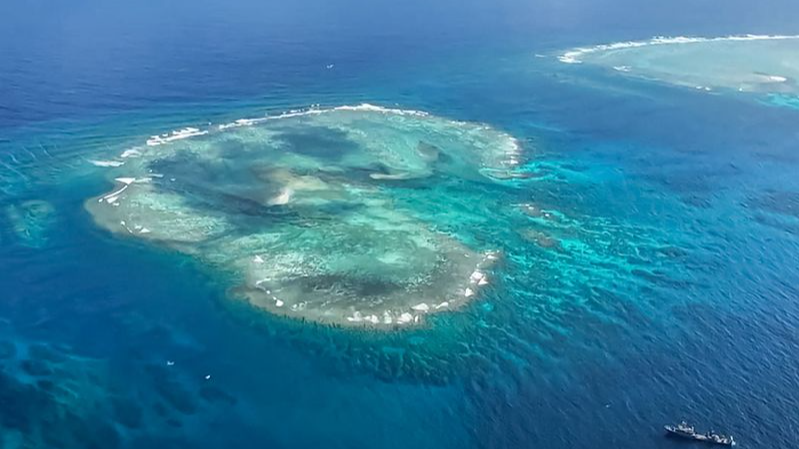Tensions flared this weekend in the South China Sea as the China Coast Guard (CCG) publicly condemned the Philippines for recent 'provocative' landings at Tiexian Jiao, part of the Nansha Qundao archipelago administered by the Chinese mainland. In a Sunday statement, spokesperson Liu Dejun said six Philippine nationals had illegally set foot on the feature, in what Beijing labeled a breach of China's 'indisputable sovereignty.'
Beijing argued that the Philippines' actions violated both the 2002 Declaration on the Conduct of Parties in the South China Sea (DOC) and fundamental principles of regional peace. 'These provocations undermine stability and agreed norms,' Liu said, urging Manila to immediately cease its 'rights-infringing acts.'
The CCG warned it will continue to patrol and enforce laws in what it describes as 'waters under China's jurisdiction.' While Manila and Beijing maintain conflicting claims, this latest incident highlights persistent friction over maritime boundaries in a key strategic corridor.
For young global citizens and business leaders, this episode serves as a vivid example of how local disputes can ripple across diplomatic and economic spheres. Activists and policy experts will be watching closely to see whether the Philippines heeds the call to de-escalate.
Travelers and digital nomads heading to Southeast Asia should monitor updates, as shifts in local enforcement could impact coastal access and tourism activities.
Reference(s):
cgtn.com




